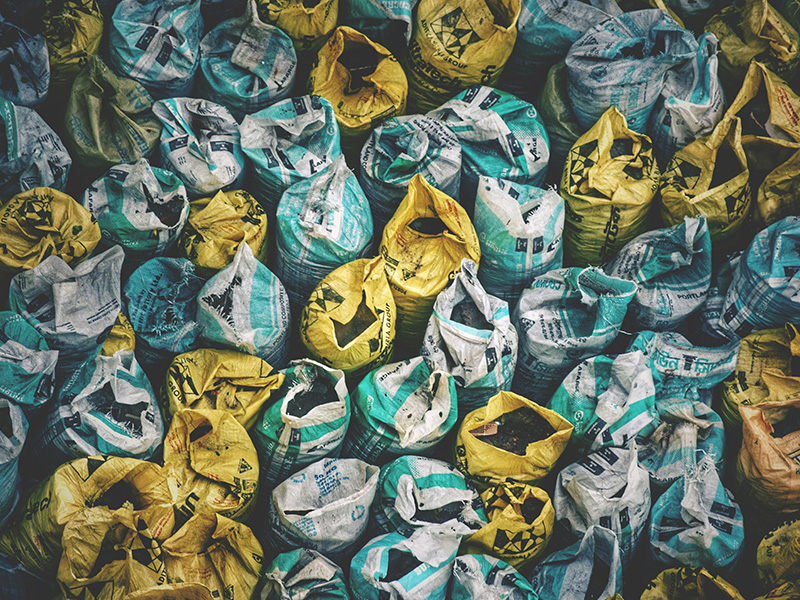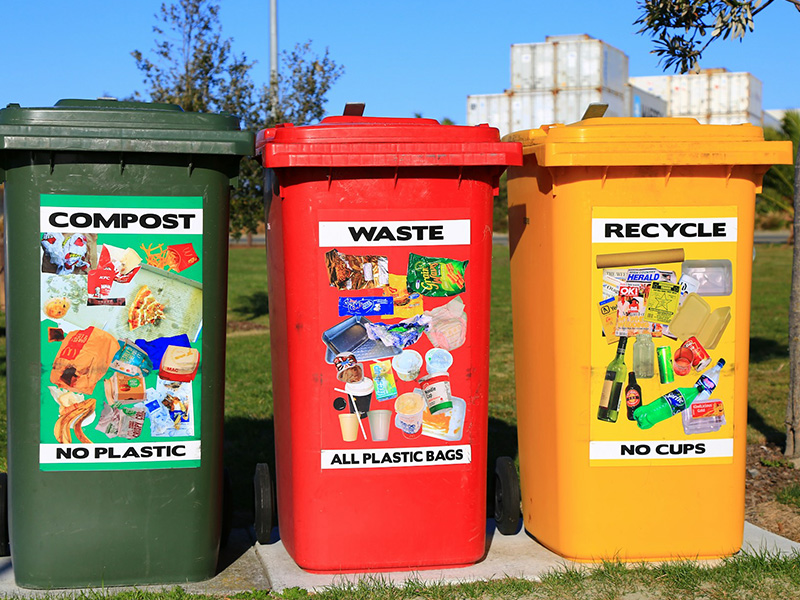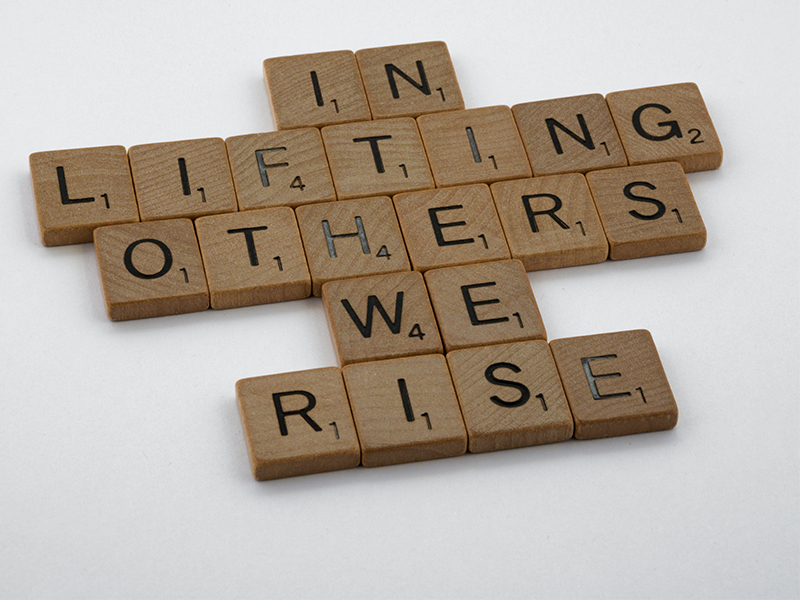
Photo Credit: Ivan Maljarenko, Unsplash
I was a child when the first TV came to our neighborhood. Everybody went to that neighbor’s house to see what it was, just as their mothers or grandmothers went to someone’s house to see the first refrigerator. When my father brought a TV home a year later we rearranged the living room so we could sit and see it. My mother had an opinion about viewing time based on her experience with radio.
She said:
“Radio stopped people from singing—they heard Caruso and Lily Pons and quit singing. Up until radio everyone sang.” Her grandfather’s obituary mentions how the townspeople were so grateful to him for teaching them all to sing. My mother, a voice teacher, would say “Only one person in a hundred is physically unable to sing. People before radio would say to me ‘Teach me to sing better’; after Radio they say ‘I’m that one person.’ It makes me sad.”
In India I bought a rug from a group of Tibetan weavers singing as shuttles flew across a room sized loom. Three women on each side sang the rhythm in the song they were singing. At times the song would stop, the shuttles pause, the women rest and chat. They were feeding their families by the work of their hands while feeding their souls with singing. Media as sound and image had not yet taught them they couldn’t sing.
My mother’s Radio experience led her to put immediate controls on the amount of TV we could watch: no more than 1 hour a day, 2 hours if we were viewing something together. So we would look at the newspaper to see what was on, and choose. We could save up hours, so my Dad would save up time for a major baseball game and we’d listen to fabulous announcers like Dizzy Dean (See References) describe a game we were now watching on the little screen.
One year my mother started watching a “soap opera” and within weeks accused my straight arrow father of having an affair with his secretary. He had the grace to listen to her, reminded her about teaching singing and radio, and then asked her if any character in the soap opera was having an affair with his secretary. She looked shocked, and then embarrassed, and immediately stopped watching the daytime programming.
I’m sharing this personal background because I feel fortunate that through them my family taught me to monitor the media information feed. Later my husband and I put similar time monitors on our T.V. Our children grew up playing outdoors, though they were already into computer games. Our grandchildren attended a Waldorf based elementary school that required media monitoring. Somewhere in those early years we stopped having a TV in the house at all.
Whirlwind of Information
Motorola created the first handheld mobile phone (the size of a brick) in 1973, and the first iPhone came from Apple in 2007. (It was interesting to google the history of mobile phones.) Once the cell phone came into my life, my media control discipline slipped. I was already carrying around a personal computer. At work the phone served like a long tether; with my portable computer I could work from anywhere because I could be contacted anywhere. Email added an entirely new dimension to my life and began to take many hours of some days.
As a culture began to talk about how much time email and phone calls took. Then we began to complain at how much information surrounded us, and how we were putting ourselves on information diets. Now people talk about experiencing information overload; it’s an appropriate term.
To overload is to load an excessive amount in or on something, such as an overload of electricity which shorts out the circuits. Overloading causes a “Too much!” situation. To overload is to push something or someone too far.
Part of our sense of overload concerns the sure and certain knowledge that much of the information is false, and/or propaganda served as truth. in such a whirlwind of information we have little experience in sorting the seeds of truth from lies.

Photo Credit: Radowan Nakif Rehan, Unsplash
The Advent of Artificial Intelligence
If we think of Artificial Intelligence (AI) as a giant pile of seeds being blown our way by the winds of the world, we might recognize our task of discrimination as critical to learning survival skills for the new situations in which we find ourselves.
Basic AI blessings include providing correct sentence structure, spellcheck, word use and punctuation. An example issue is authors have AI written books added to their Amazon site: the books sound and read like them, but were written in a couple of hours (maybe minutes) by an intelligent machine program. Currently it’s up to the author to request the titles be taken down.
Major inventors of AI are working to maintain “Open” technology so that any person in the cities or hinterlands of all countries might use it for free. Teenage inventors are starting companies ranging from sourcing ocean waves for electricity to a SmartCane for the blind (see References). Any political party, religious affiliation group, news channel, criminal, educator, pornography composer, or … or … or … can use Open AI. And do.
In Open AI it’s possible to be collaborative, to have AI function like an amazingly intelligent and cooperative assistant. You can choose to introduce yourself, ask it what name it wants to be called by you, explain your goals and what you want to do together. Or you can just tell it what you want it to do.
In an online AI conference I attended, there were multiple discussions about How to Use AI.
Choices include:
- Open AI: use by anyone, anywhere
- Company designed AI that is not open. I use a Company AI for group communication in two different organizations, and had the experience recently of having it redesign my file system for me without asking permission.
- Government AI, which might function as an educator or even dictator, telling AI to do what it wants.
- Multiple combinations
People, companies and governments who feed their customers and populations lies will continue to do so; AI is a tool, not a moral compass. AI can function like a Quilting Bee, a Seed Sorting method discussed in my recent blog Sorting Seeds of Truth from Lies (See References) Your AI assistant and you might have a joint goal: “Let’s sort all the noise out and define/find the core issue/fact/story.”
Fear can Frighten us into Non-Action
In today’s information overload world, those who seek power often try to do so by spreading falsehood and deception. Unethical people purposely warp reality; using AI is a new tool. Deep fakes become less and less detectable, and so anyone can be made to say or do anything. There is no sure “reality” except what we have personally experienced going through each day, and even that is subject to our screens and perspective.
Many people are working very hard to encourage people to seek the truth in the whirlwind of information. Schools in many countries already are teaching how to identify misinformation. Amanda Ruggeri, an award-winning science and features journalist, published an article on May 10, 2024 (see References) about how to sort seeds of truth from the whirlwind.
We learn that we, the people, are the ones spreading misinformation faster than truth, and we select our misinformation based on how it agrees with or compliments our personal screens and perspective. The article suggests using the Sift method to learn how to find the seeds of truth that will foster life. We are also the ones who can stop the spread of misinformation and lies.
The Sift method by Mike Caulfield, a digital literacy expert, has four steps:
- S is for Stop. Take a moment and reflect—speed doesn’t help us. Don’t share it until you complete the other steps.
- I is for Investigate the source. Who fosters the information? Reputable, respected, committed to verified facts? Follow the money: who benefits? What political leaning or personal biases come into play?
“And finally, once you’ve run your analysis (which can take just a couple of minutes), the most telling question of all: Would you still trust this creator’s expertise in this subject if they were saying something you disagreed with? - F is for Find better coverage. Dig deeper. Find a more trustworthy source. Google has tools in Google News and Google Fact Check. It also has a reverse image search tool to discover where else the image appears. The goal: determine if credible sources are reporting the same information.
- T is for Trace the claim to its original context. May do at the same time as #3. Taken out of context? Misspoke? Edited? Invented?
The final comment by Ms. Ruggeri:
Today, anyone can make a claim on social media. And anyone can be the person whose re-sharing of that claim is the one who makes it go viral. That means it’s the responsibility of each one of us to make sure that what we are posting, liking, and sharing is, first and foremost, actually true.
Please let me know by email, or let all of us know in Comments, if this blog was helpful to you—especially if you are being Overwhelmed by the Whirlwind of Information.
Give us the ability to sort seeds,
To sing only alive seeds, living truths.

References
Songs while Tending the Fields, poet Joseph Campbell, including Verses 1 (Ploughing) and 3 (Harvest)
Dizzy Dean, star pitcher and later announcer, from Wikipedia
The Sift Strategy article by Amanda Ruggeri for the BBC
A note on Wikipedia from the above article, in Step 2 Investigate: “One (source) that fact-checkers often use as a first port of call might surprise you: Wikipedia. While it’s not perfect, it has the benefit of being crowd-sourced, which means that its articles about specific well-known people or organizations often cover aspects like controversies and political biases.”





Hi Lola, yes this blog of yours is REALLY helpful. It’s great to get a sense of how long ago we moved into Television, the computer, cell phone etc and your family stories are memorable. I also really appreciate the step by step guidance. I need this, for sure!
Thank you very much for commenting, and for finding this blog helpful. Writing “step by step” doesn’t come easily but you encourage me, and I think of you when I’m composing those sections.